Indigenous Governance Database
peacemaker courts
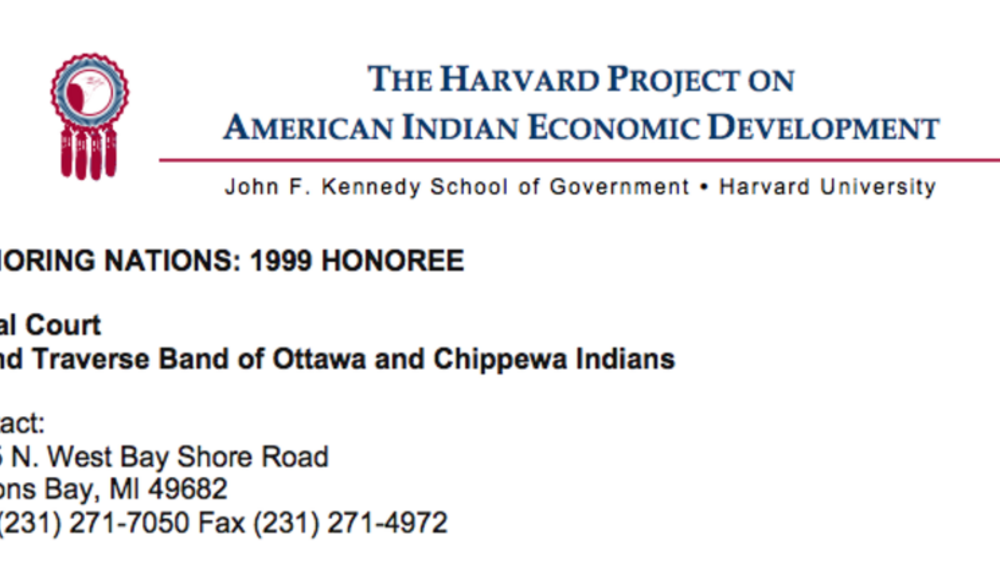
Grand Traverse Band Tribal Court
Constitutionally separated from the political influences of government, the Tribal Court hears more than 500 cases per year, and utilizes "peacemaking" to mediate in cases in which dispute resolution is preferred to an adversarial approach. The Court adjudicates on such issues as child abuse,…
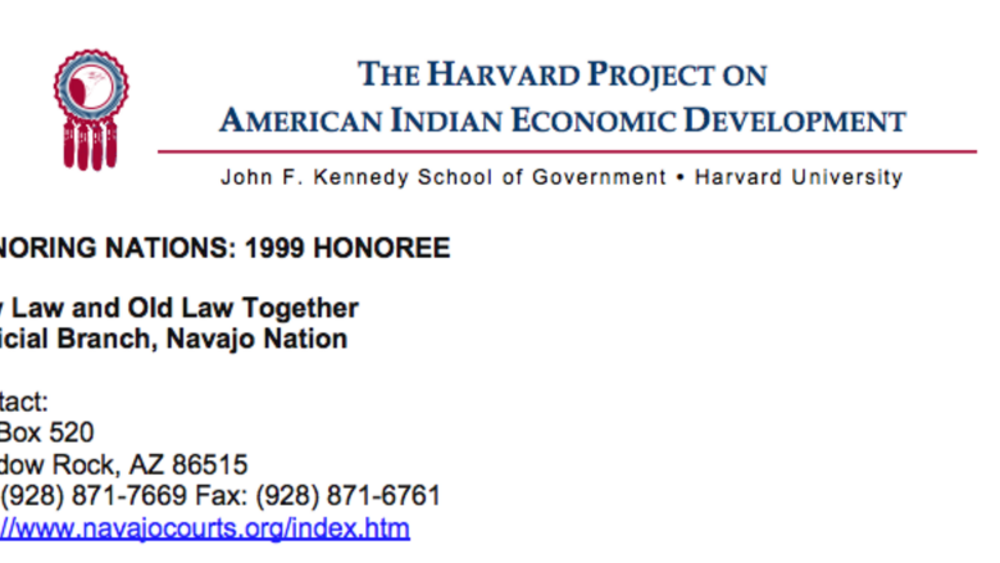
Navajo Nation Judicial Branch: New Law and Old Law Together
The Judicial Branch of the Navajo Nation seeks to revive and strengthen traditional common law while ensuring the efficacy of the Nation’s western-based court model adopted by the Nation. With over 250 Peacemakers among its seven court districts, the Judicial Branch utilizes traditional methods of…
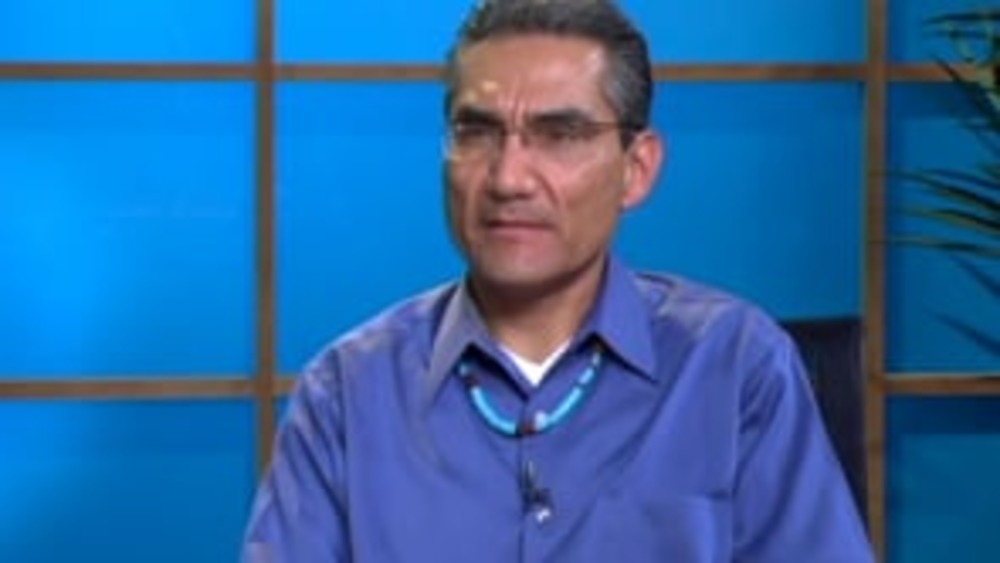
Joseph Flies-Away: The Role of Justice Systems in Nation Building
In this in-depth interview with NNI's Ian Record, Joseph Flies-Away, citizen and former chief judge of the Hualapai Tribe, discusses the central roe that justice systems can and should play in Native nation rebuilding efforts, how justice systems serve as platforms for healing and cultural renewal…
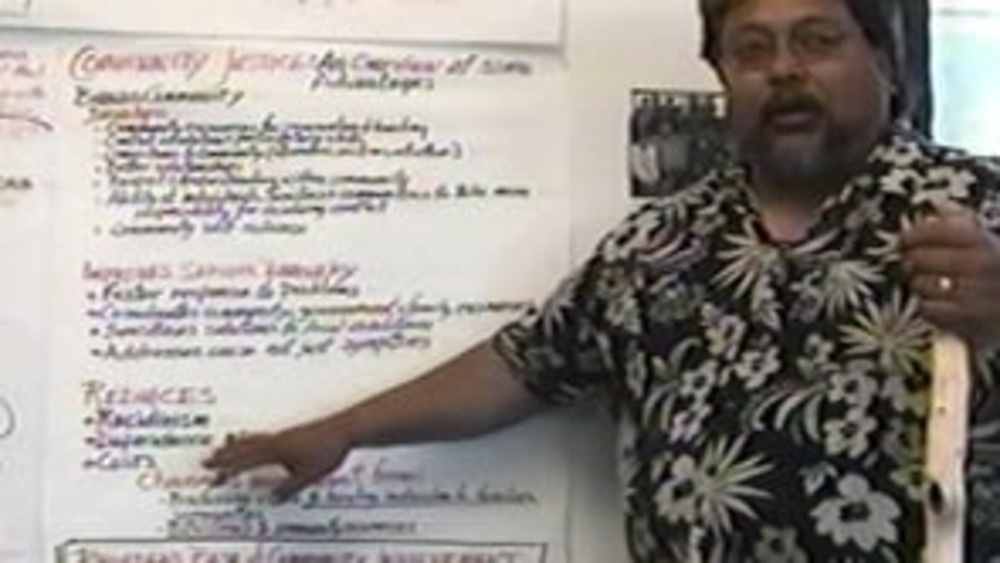
Kake Circle Peacemaking - Overview Video
This video -- produced by the Organized Village of Kake -- depicts the restoration of traditional methods of dispute resolution the Organized Village of Kake adopted Circle Peacemaking as its tribal court in 1999. Circle Peacemaking brings together victims, wrongdoers, families, religious leaders,…
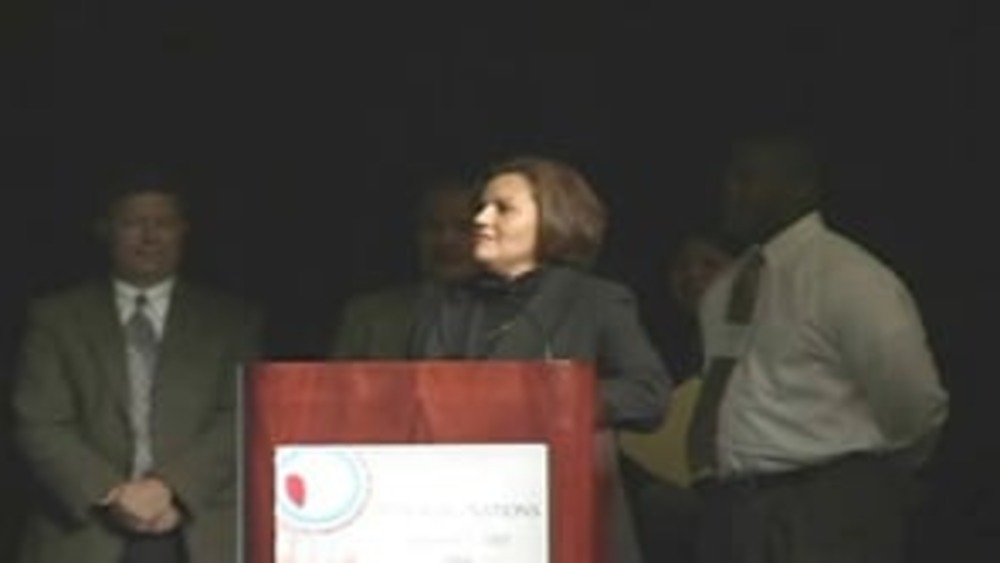
Honoring Nations: Rae Nell Vaughn, Dan Mittan, Henderson Williams, Andrew Jones, and Hilda Faye Nickey: The Choctaw Tribal Court System
Representatives from the Choctaw Tribal Court System present an overview of the court system's development to the Honoring Nations Board of Governors in conjunction with the 2005 Honoring Nations Awards.
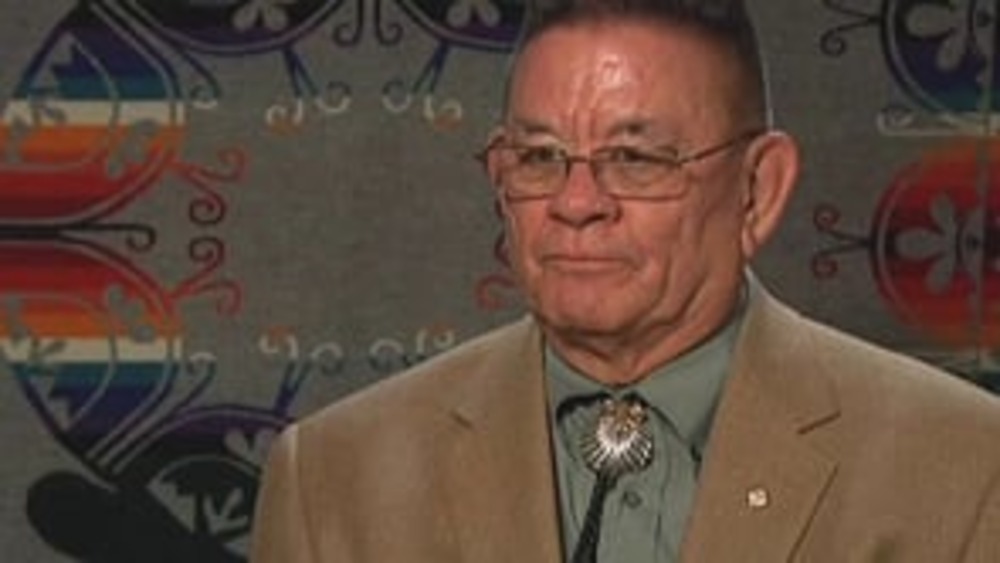
From the Rebuilding Native Nations Course Series: "What Strong, Independent and Legitimate Justice Systems Require"
Native leaders and scholars discuss what Native nations need to do to create strong, independent and culturally legimate justice systems.
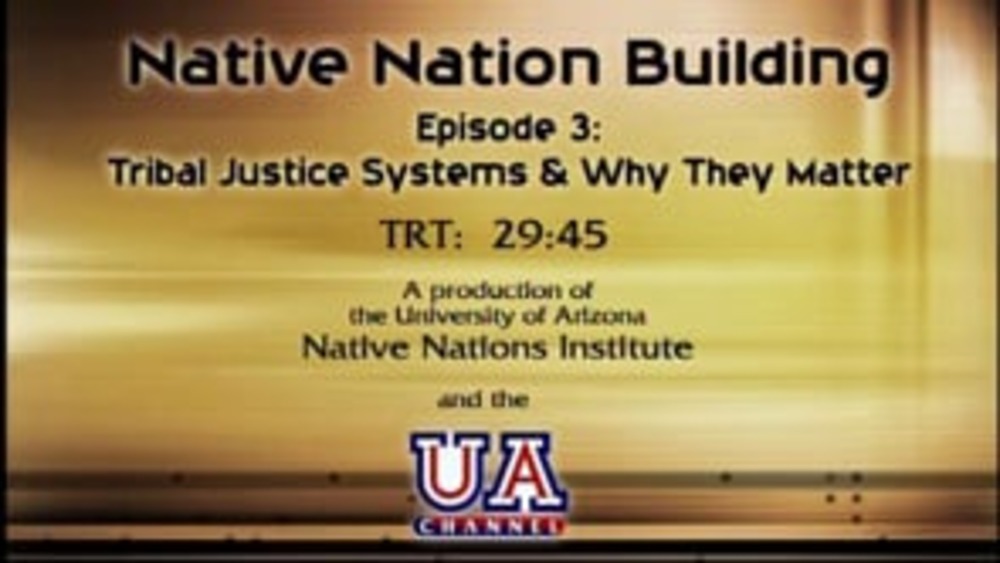
Native Nation Building TV: "Why the Rule of Law and Tribal Justice Systems Matter"
Guests Robert A. Williams, Jr. and Robert Yazzie discuss the importance of having sound rules of law and justice systems, and examine their implications for effective governance and sustainable economic development. They explore these issues and their role in creating a productive environment that…
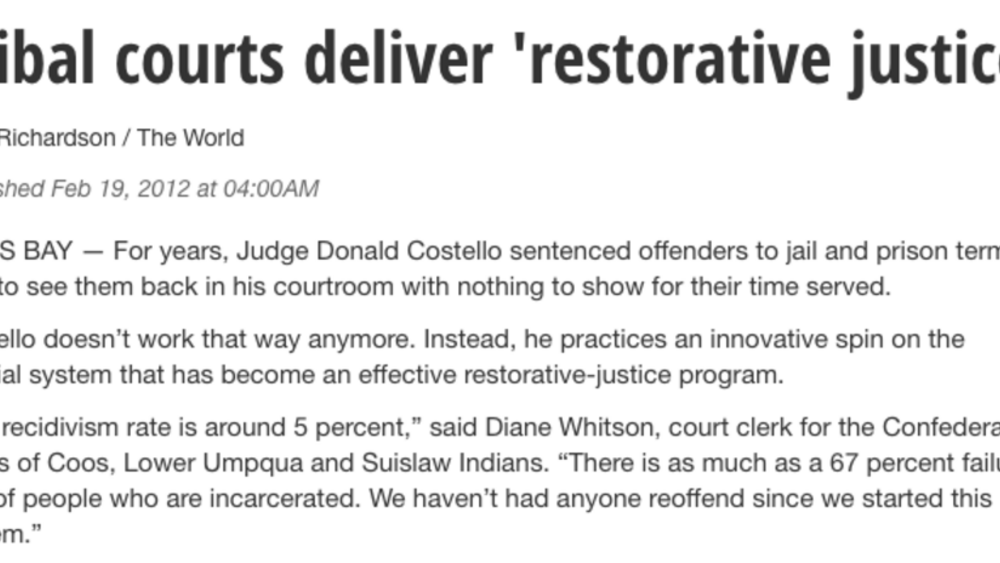
Oregon tribal courts deliver 'restorative justice'
For years, Judge Donald Costello sentenced offenders to jail and prison terms, only to see them back in his courtroom with nothing to show for their time served. Costello doesn't work that way anymore. Instead, he practices an innovative spin on the judicial system that has become an effective…
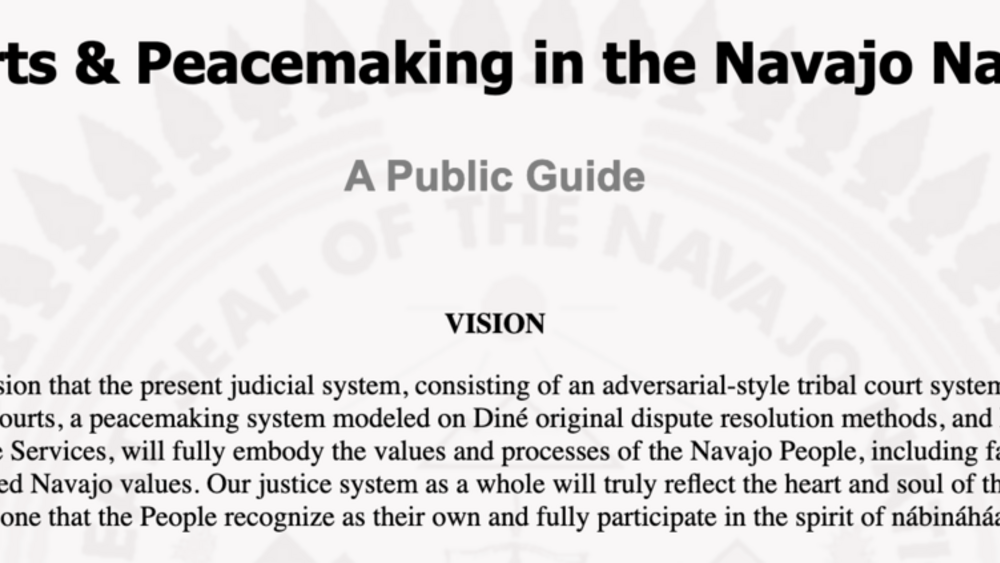
Courts & Peacemaking in the Navajo Nation: A Public Guide
The history of our judiciary begins in our ancient history. According to the Journey Narrative, the People journeyed through four worlds and, in the course of their journey, came upon many problems both natural and caused by the People, which had to be resolved before the journey…
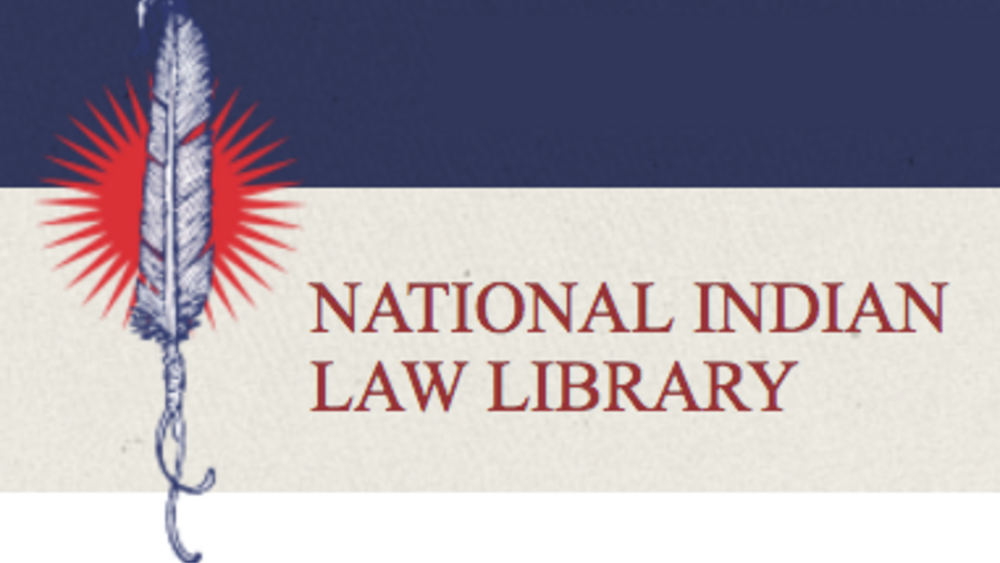
Peacemaking and Conflict Resolution: A List of Resources
The Native American Rights Fund's National Indian Law Library provides a comprehensive list of relevant news stories and academic articles on the peacemaking mechanisms and conflict resolution approaches of Native nations.
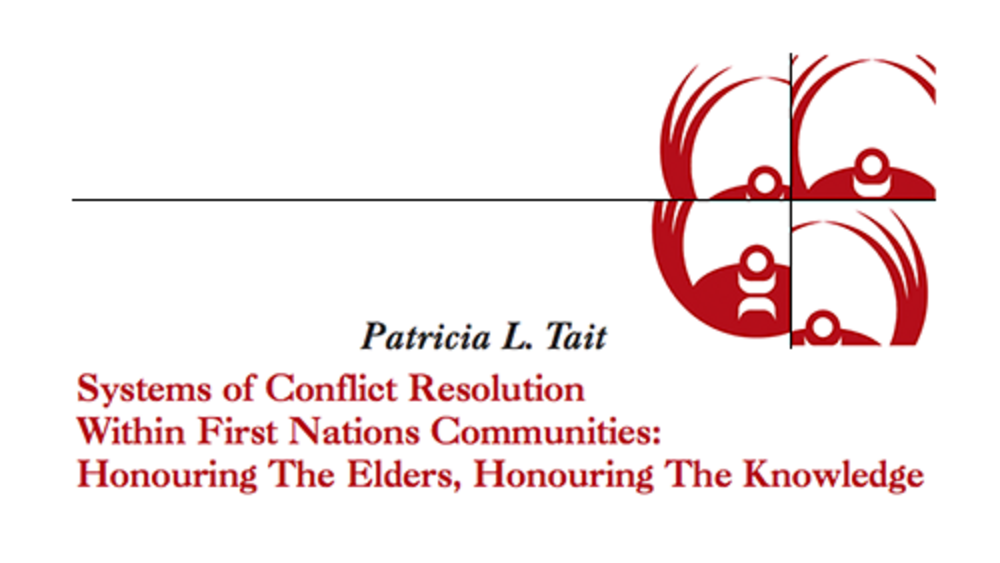
Systems of Conflict Resolution Within First Nations Communities: Honouring The Elders, Honouring The Knowledge
First Nations people are well aware that many of our governments and citizens struggle to move beyond the violence and dysfunction that characterizes some individuals, families and communities. Within some community settings, drugs and alcohol prevail, family members are involved in…
